7 Best Data Annotation Tools for Precision Agriculture in 2025
In 2025, top data annotation tools for precision agriculture include Labellerr, Roboflow, CVAT, Labelbox, V7 Labs, Encord, and Label Studio. These platforms offer specialized features like disease detection, seed counting, field monitoring, and weed management.
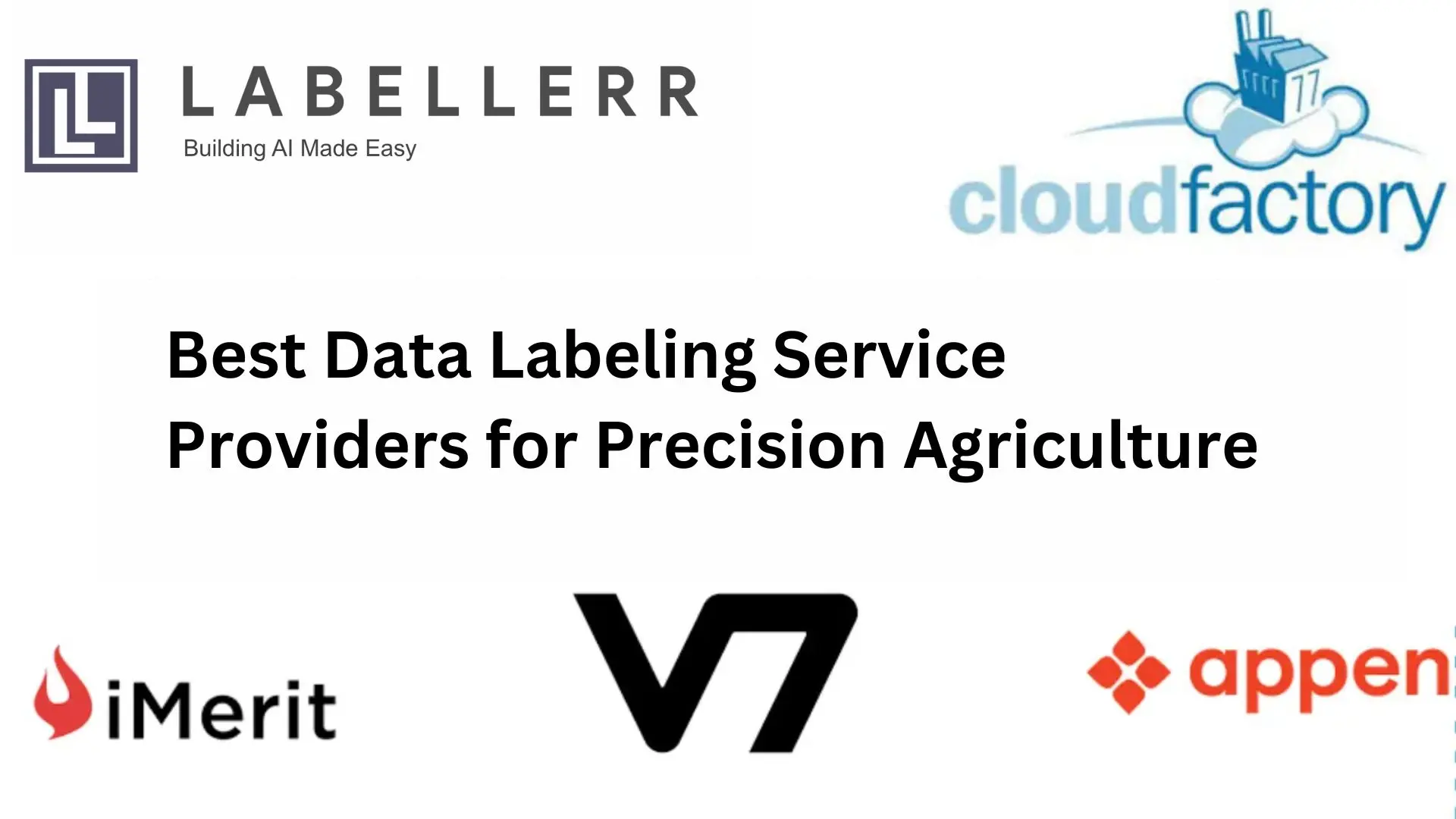
Precision agriculture seeks to maximize crop yields while minimizing resources and environmental impact through data-driven decision-making.
Central to this approach is the accurate and efficient labeling of agricultural data, a process that is important for training machine learning models that power precision agriculture technologies.
In this blog, we will explore data labeling tools tailored specifically for the unique challenges of precision agriculture.
From identifying crop types and pest infestations to mapping soil characteristics and analyzing crop health, the precision and accuracy of labeled data are important for ensuring the success of AI-driven solutions in agriculture.
As agriculture becomes increasingly digitalized, the demand for precise and reliable data labeling solutions has never been greater.
In this rapidly evolving landscape, farmers and agritech companies alike are turning to cutting-edge technologies and innovative labeling techniques to unlock the full potential of their data.
By exploring the top data labeling tools and techniques tailored for precision agriculture, this blog aims to provide insights and guidance to empower stakeholders in leveraging data-driven approaches to optimize farming practices, increase productivity, and contribute to a more sustainable future for agriculture.
Table of Contents
- Key Applications of Data Labeling in Precision Agriculture
- Labellerr
- Roboflow
- CVAT
- Labelbox
- V7 Labs
- Encord
- Label Studio
- Conclusion
- Frequently Asked Questions
Key Applications of Data Labeling in Precision Agriculture:
1) Disease Detection
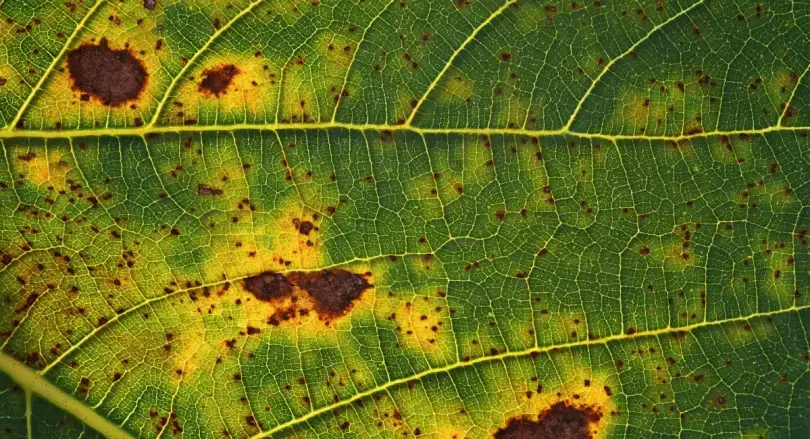
- Identifying and labeling images of diseased crops to train machine learning models for early disease detection.
- Utilizing spectral imaging and hyperspectral sensors to capture subtle variations in plant health indicative of diseases.
- Implementing computer vision algorithms to automatically detect symptoms of diseases such as discoloration, lesions, or deformities on crops.
2) Seed Counting
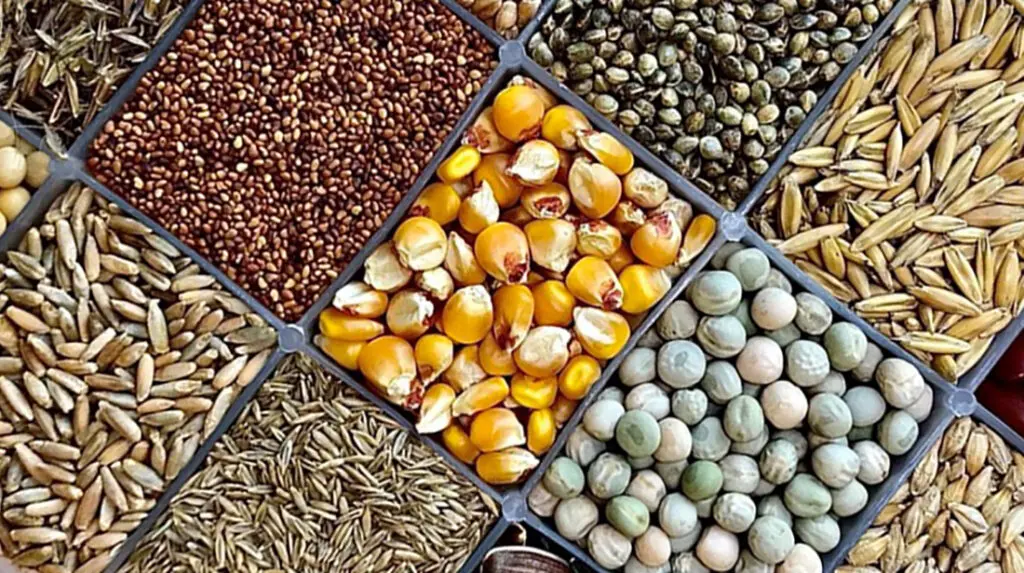
- Developing algorithms to accurately count seeds in images captured by drones or ground-based sensors.
- Utilizing image processing techniques to distinguish individual seeds from cluttered backgrounds or overlapping seeds.
- Integrating machine learning models to automate seed counting processes and improve efficiency in seed production and distribution.
3) Field Monitoring
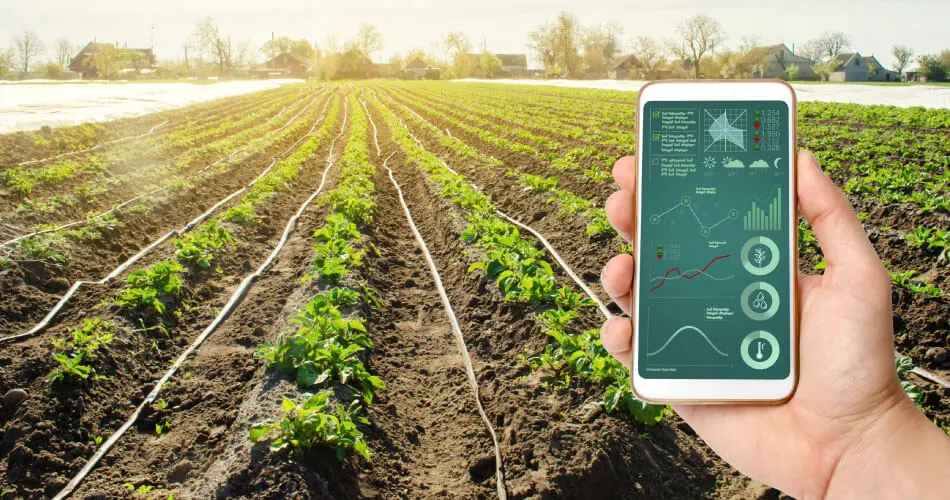
- Monitoring crop growth and development through remote sensing technologies such as satellites, drones, and UAVs.
- Labeling images to track changes in vegetation indices, crop health parameters, and environmental conditions over time.
- Analyzing data from IoT sensors embedded in fields to monitor soil moisture, temperature, and other relevant variables for precision irrigation and fertilization.
4) Weed Detection and Management
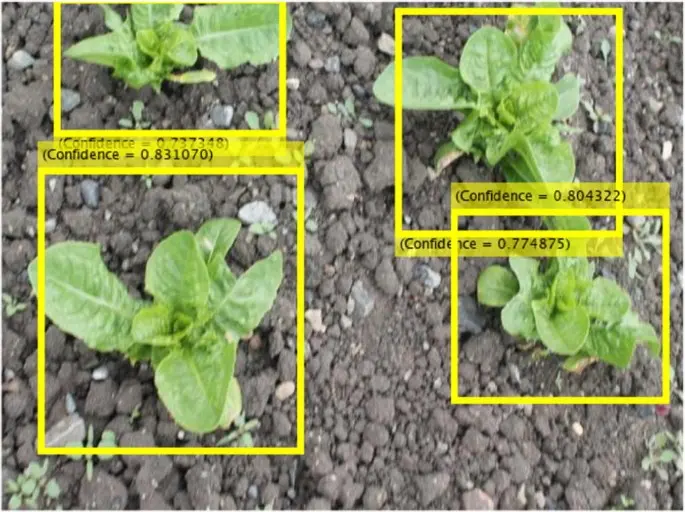
- Identifying and labeling images of weeds to differentiate them from crops and facilitate targeted weed control strategies.
- Training machine learning models to classify various weed species and assess their distribution and density in agricultural fields.
- Integrating weed detection algorithms with robotic systems or precision sprayers allows them to autonomously apply herbicides only where needed, minimizing chemical usage and environmental impact.
Top 7 Tools for Precision Agriculture:
1) Labellerr

Labellerr stands out as a powerful tool for data labeling and annotation tasks in precision agriculture. Here's a breakdown of its key features, user reviews, and pricing:
Pros:
Feature-rich Segmentation: Perform faster segmentation with pixel perfection. Drag polygon and auto-bordering features prevent overlapping adjacent objects.
Auto-labeling: Accelerate use cases with semantic segmentation using features like SAM and active learning.
Professional Annotation Team: Handle large data volumes with fast turnaround times.
Custom SLA: Starting from 24 hours for batch completion.
24/7 Tool Support: Available for the Enterprise Plan.
Robust QA Process: Set up QA processes that include agreement between annotators, comparison based on ground truth and IOU metrics, model-assisted QA, generative AI-powered QA, and sample visual quality assurance.
Dedicated Account Manager: Manage daily/weekly output efficiently.
Data Privacy and Security Compliance: Comply with HIPAA and GDPR regulations.
Multi-tier Pricing: options based on quality measurement. The default QC process includes 1 round of annotation and 1 round of QC, customizable to match expected output, timeline, and budget.
Cons:
Limited Format Support: Does not currently support point cloud and 3D data formats.
Pricing:
Pro Plan: Starts at $499 per month for 10-user access with 50,000 data credits included. Additional data credits can be purchased at $0.01 USD per data credit, and extra users can be subscribed to at $29 USD per user.
Enterprise Plan: Offers professional services, including tool customization and ML consultancy apart from custom data, workspace and other limitation.
2) Roboflow
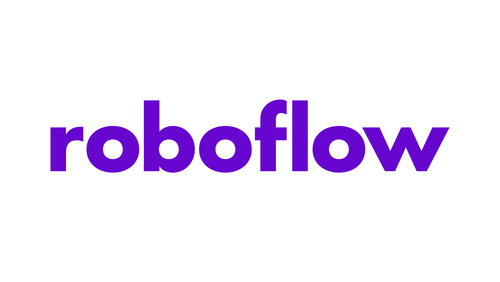
Roboflow is another strong contender in the data labeling arena for precision agriculture. Its focus lies on streamlining the entire data labeling pipeline, making it ideal for projects of all sizes.
Roboflow offers a user-friendly interface with various annotation tools like polygon labeling and Smart Polygon for efficient object identification of crops, diseases, or weeds.
The platform excels in data management, allowing for easy import and export of data in various formats, and ensuring compatibility with different training tools. Additionally, Roboflow integrates seamlessly with popular labeling services, enabling access to a skilled workforce for handling large datasets when needed.
This combined approach empowers agricultural businesses to build high-quality training data efficiently, fostering the development of accurate and effective AI models for their specific farming needs.
3) CVAT

CVAT (Computer Vision Annotation Tool) is a powerful open-source option for data labeling in precision agriculture.
This free-to-use platform offers a comprehensive suite of annotation tools, catering to various agricultural tasks.
From drawing bounding boxes for disease detection to employing semantic segmentation for in-depth analysis of crop health, CVAT empowers users to create highly detailed and accurate labels.
Beyond its annotation capabilities, CVAT shines in its flexibility. It can be deployed locally for on-premise data security or used as a cloud-based solution for remote collaboration.
This adaptability makes CVAT a valuable tool for both individual farmers and large agricultural organizations. Additionally, CVAT's open-source nature fosters a vibrant community, providing access to extensive documentation, tutorials, and support resources for users of all technical backgrounds.
4) Labelbox
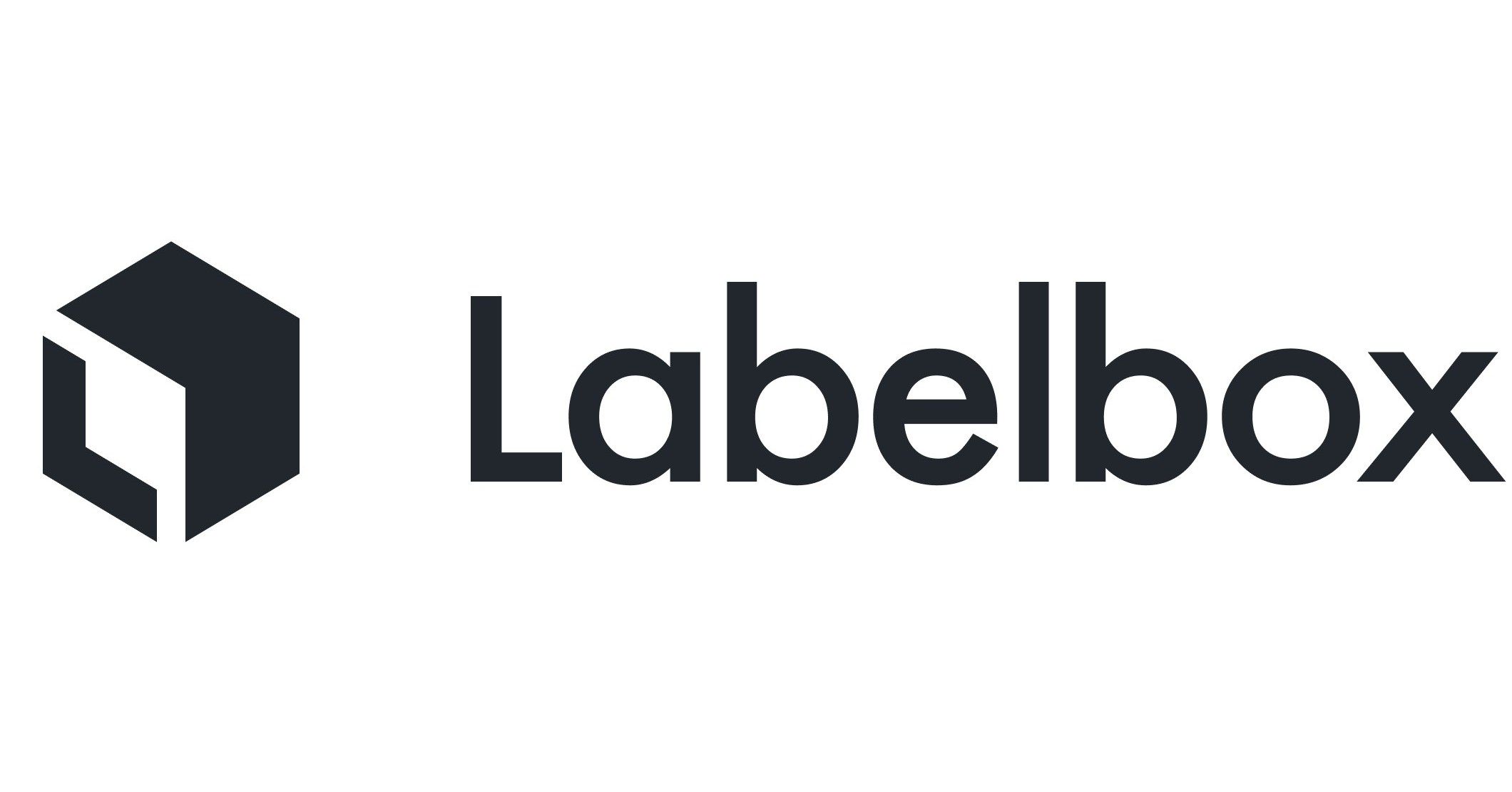
Labelbox stands out as a versatile data labeling and annotation tool tailored specifically for the demands of precision agriculture.
With its intuitive interface and robust features, Labelbox empowers users to annotate agricultural data accurately and efficiently, supporting a wide range of tasks essential for optimizing farming practices.
Whether it's identifying crop diseases, monitoring crop growth parameters, or estimating yields, Labelbox offers a comprehensive suite of annotation tools and customizable workflows designed to streamline the labeling process and enhance data quality.
5) V7 Labs

V7 Labs emerges as a leading-edge data labeling and annotation tool specifically designed to address the unique challenges of precision agriculture.
With its cutting-edge technology and specialized features, V7 Labs offers a comprehensive solution for annotating agricultural data with unparalleled accuracy and efficiency.
From identifying crop diseases and monitoring crop health to estimating yields and analyzing environmental factors, V7 Labs provides a suite of annotation tools and customizable workflows tailored to the precise needs of the agriculture industry.
What sets V7 Labs apart is its advanced AI-driven annotation capabilities, which streamline the labeling process and ensure high-quality annotated data for training machine learning models.
With its user-friendly interface and robust features, V7 Labs empowers farmers, agritech companies, and researchers to leverage data-driven approaches for optimizing farming practices, increasing productivity, and promoting sustainability in agriculture.
6) Encord
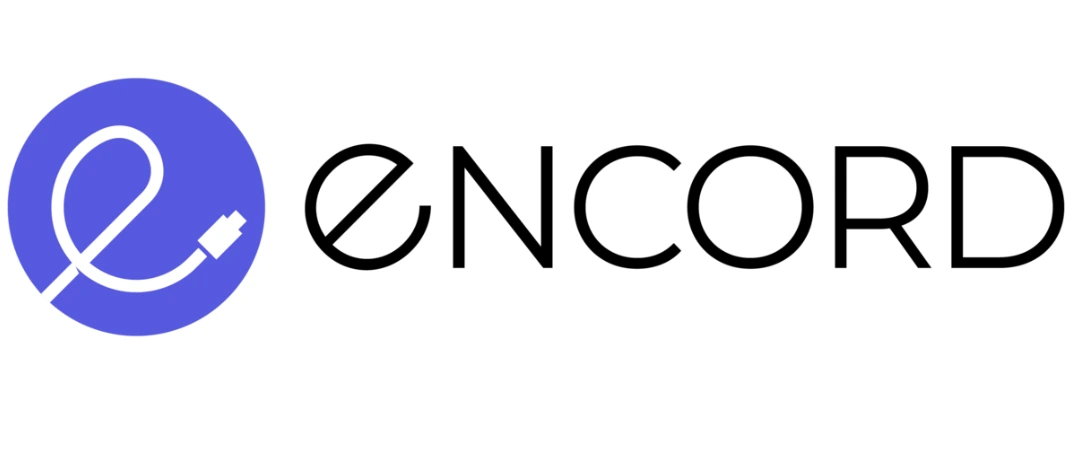
Encord stands out as a data labeling platform specifically designed to empower AI teams in the agriculture and climate sectors.
Their focus lies on streamlining the entire data labeling process, ensuring efficiency and quality for building high-performing AI models in precision agriculture.
Encord offers a suite of features tailored for agricultural tasks. Their platform supports various data modalities, including images, satellite imagery, and even video data from drones used for field scouting.
This versatility allows users to label everything from crop health to pest identification across different data formats. Furthermore, Encord leverages active learning, a technique that prioritizes labeling uncertain data points.
This focus on the most impactful data significantly reduces labeling time while maintaining model accuracy.
7) Label studio
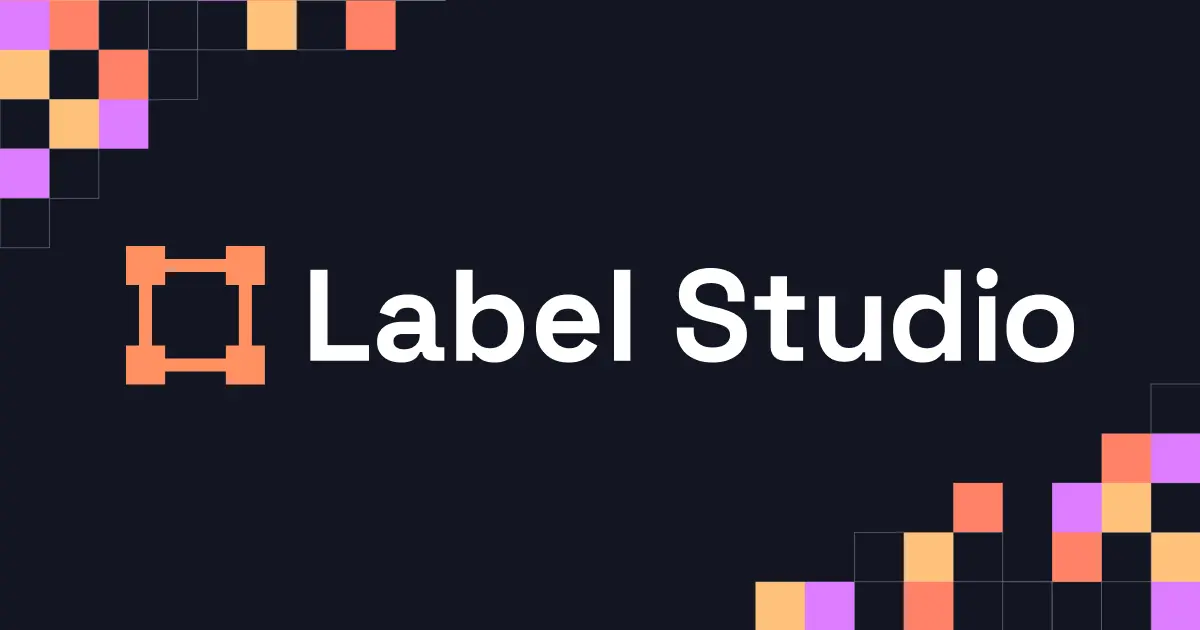
Label Studio is a top labeling platform for precision agriculture through its open-source nature and versatility.
This free-to-use platform caters to a wide range of agricultural data labeling tasks, supporting not just images but also other data formats crucial for comprehensive farm analysis.
This includes labeling video data from drones for field scouting, time series data from sensors monitoring soil moisture, and even text data from weather reports.
Label Studio empowers users to create custom labeling tasks through its intuitive interface and plugin architecture.
For agricultural projects, this translates to building specific labeling workflows for tasks like disease segmentation on plant leaves or object detection for counting fruits.
This level of customization, coupled with the open-source framework, fosters a vibrant community of developers who contribute plugins and extensions specifically designed for agricultural data labeling needs.
This makes Label Studio a powerful tool for both individual researchers and agricultural organizations seeking a flexible and adaptable data labeling solution for their precision agriculture endeavors.
Conclusion
In conclusion, the landscape of precision agriculture is rapidly evolving, driven by advancements in data-driven technologies and machine learning.
As highlighted in this exploration of top data labeling and annotation tools, such as Labellerr, Roboflow, V7 Labs, and Encord, these platforms play a pivotal role in empowering organizations to harness the full potential of agricultural data.
From identifying crop diseases and monitoring crop health to estimating yields and optimizing resource allocation, these tools offer a comprehensive suite of annotation capabilities tailored to the specific needs of precision agriculture.
By leveraging these cutting-edge technologies, farmers, agritech companies, and researchers can unlock actionable insights from their data, driving innovation, and efficiency in farming practices.
As we continue to push the boundaries of what's possible in precision agriculture, these data labeling and annotation tools will remain indispensable assets in our quest to optimize crop yields, minimize environmental impact, and build a more resilient agricultural ecosystem.
Frequently Asked Questions
Q1) What is data labeling in precision agriculture?
Data labeling in precision agriculture involves annotating agricultural data with specific labels or tags to make it understandable for machine learning algorithms. It includes tasks such as identifying crop types, marking disease symptoms, counting seeds, and monitoring crop health parameters.
Q2) Why is data labeling important for precision agriculture?
Data labeling is crucial for precision agriculture as it enables the training of machine learning models to make accurate predictions and decisions. Labeled data helps in tasks like disease detection, yield estimation, weed management, and optimizing resource allocation, ultimately leading to improved crop yields and sustainable farming practices.
Q3) What are the challenges associated with data labeling in precision agriculture?
Some challenges include the need for domain-specific expertise to accurately label agricultural data, variability in environmental conditions affecting data quality, and the sheer volume of data required for training robust machine learning models. Additionally, ensuring consistency and accuracy in labeling across diverse datasets can be challenging.

Simplify Your Data Annotation Workflow With Proven Strategies
.png)


